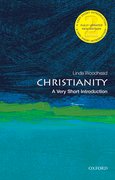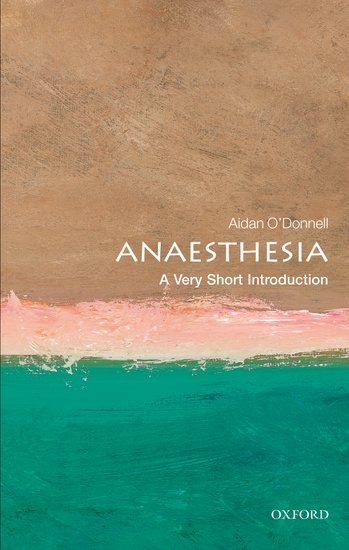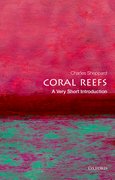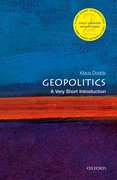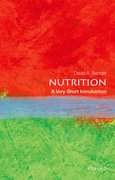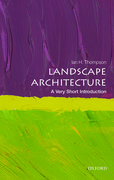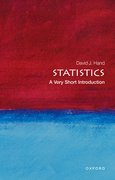Colostrum, performance, and sports doping
By Martin Luck
A recent edition of BBC Radio 4’s On Your Farm programme spoke to a dairy farmer who supplies colostrum to athletes as a food supplement. Colostrum is the first milk secreted by a mother. Cow colostrum is quite different from normal cow’s milk: it has about four times as much protein, twice as much fat and half as much lactose (sugar).


